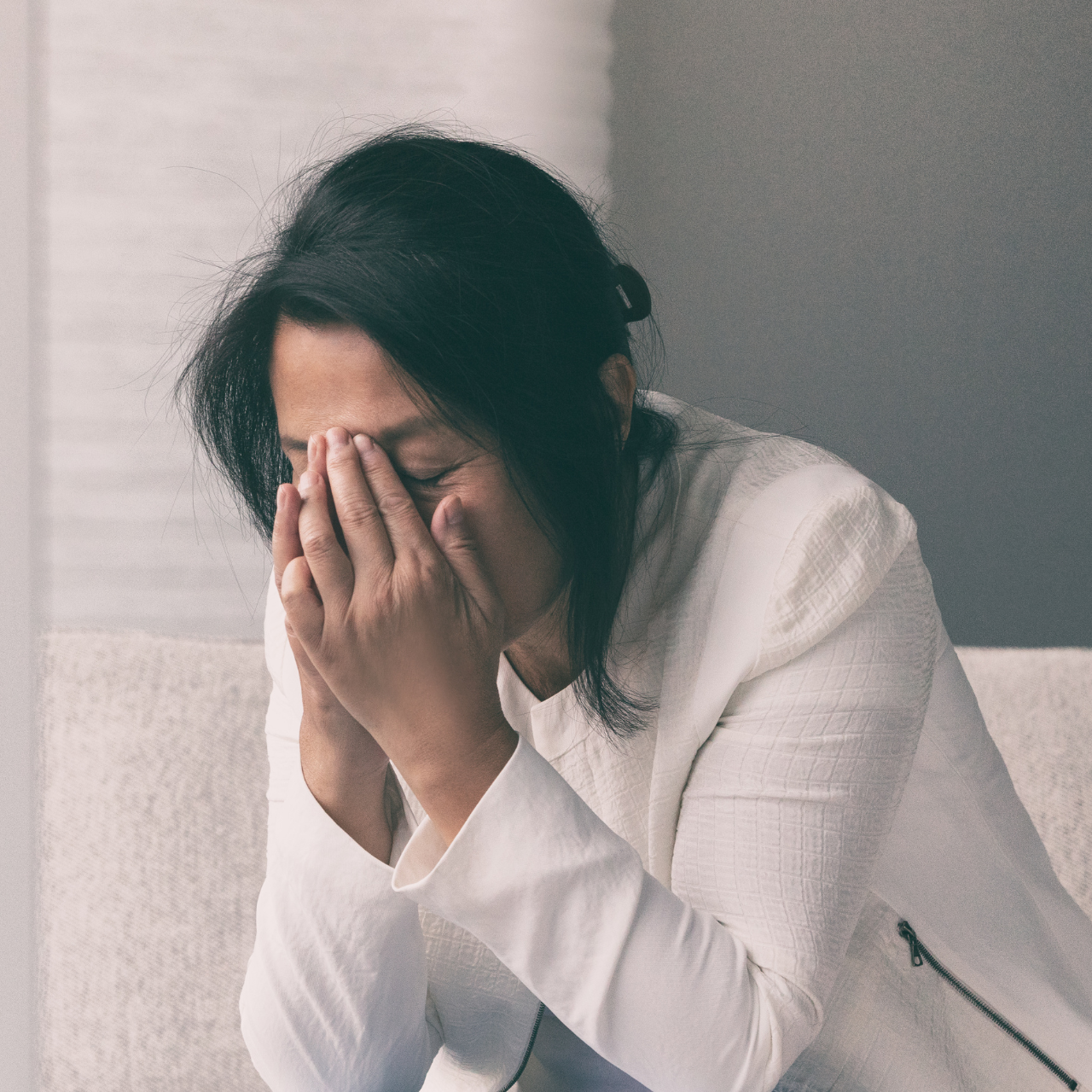Okay is a Dangerous Word
Okay is a Four Letter Word
It took me 15 years into my marriage to understand that when my husband says "okay" it is an acknowledgment of what I have said, not an affirmation. Taking his okay for an affirmation, in hindsight, had caused so many issues that understanding this was a game changer in my marriage.
But here's a Grown Woman Life confession; I'm not sure I have appropriately applied this lesson to other areas of my life. (Applying life lessons is a subject for another day).
Why am I talking about my marriage? Well, some of the best lessons I've learned about being a grown woman, a colleague, friend, leader, and, hopefully, a good human have started in my marriage. And this is a lesson that has been top of mind.
This week as I have mourned the heartbreaking suicide of Steven "Twitch" Boss, I have wondered how many times he was asked how he was doing, and he answered, "okay."
In the last couple of weeks, I admit I have had a few challenging moments, and when asked how I was doing, my answer was, "I am okay."
Why is okay dangerous?
In both cases, okay was a default response, an acknowledgment that we have been asked a question, but it wasn't an authentic answer; it was the mask we pulled down to hide our true feelings.
Why is this? Why do we feel like we need to pull down that mask? I have a few theories:
1. Fear of Judgement: Are we afraid to express how we are genuinely feeling for fear of being judged or ridiculed by others?
2. Social Pressure: Do we buy into a social expectation that we have to maintain a positive attitude and outlook, even when we may be struggling?
3. Lack of Words: Do we actually have the emotional language to describe how we are feeling? Saying okay just feels easier.
Why okay isn't easier?
Why is this a problem? Why shouldn't grown women just say okay, isn't easier? Saying okay when we aren't can affect us personally and professionally.
1. It can lead to feelings of isolation and loneliness when there are people who are willing to lend a hand.
2. Not disclosing mental health problems can lead to or exasperate mental health issues such as depression and anxiety.
3. It can lead to difficulty in developing and maintaining personal relationships.
4. It can lead to an increased risk of burnout
What happens if we normalize truth?
What would happen if we could normalize telling the truth? Not settling for "okay". Telling people how we are really feeling?
1. Saying we are not okay might help us find the support we need
2. Saying we are not okay might help us find the resources we need, such as counseling and therapy, which can help us learn coping skills
3. Saying we are not okay might just provide us with a sense of relief and hope, knowing that we are not alone and that there are people we can turn to for support.
Conclusion
I actually wound up going back to a group of individuals and apologized for saying I was okay when I wasn't. I admitted I was struggling, and do you want to know what happened?
I wasn't judged, I wasn't expected to be happy when I wasn't, and I didn't need the perfect words. By saying I wasn't okay, I created a space for others to say they weren't okay, and guess what? We all walked away just a little bit better that day.
Grown Women, I have a call to action for you in 2023. Let's be okay with not being okay. Let's normalize authentic, vulnerable conversations. Let's create safe spaces for ourselves and others. I suspect this could be a game-changer.
Happy Holidays.

